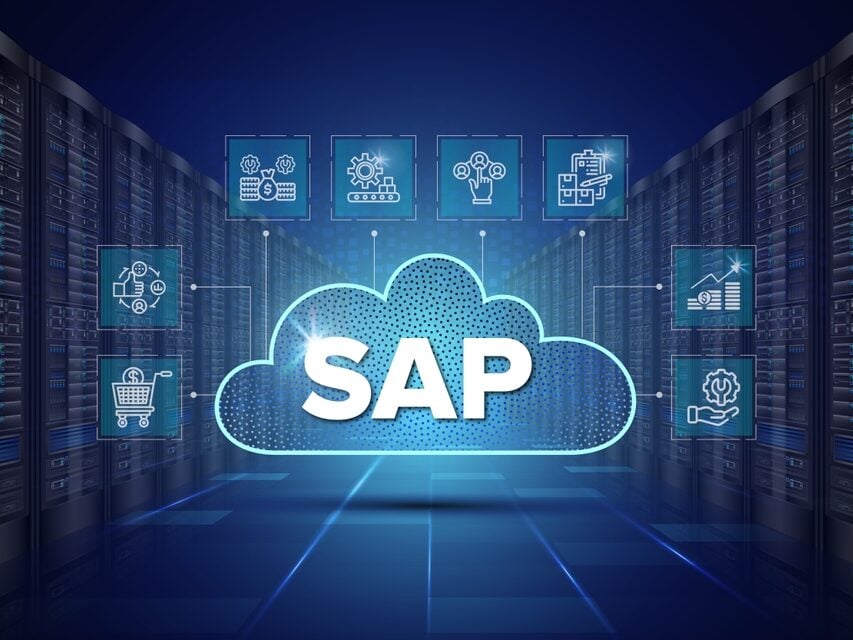The Ultimate Guide to Starting a Manufacturing Business in Malaysia


Malaysia is a place brimming with chances for astute entrepreneurs. The Malaysian business circle is regarded by the whole Asian business world as a trade magnet where excellent ideas develop in the swiftest manner. With this backdrop, we’ll share the ultimate guide to starting a manufacturing business in Malaysia.
Whether you are looking to start a new company as a top gate valve supplier Malaysia or grow an existing one, as a local or foreigner in Malaysia, here is a checklist of eight critical action steps you need to follow. However, most of the people believe that Malaysian company ownership has now become a bit of a fiction. The list below will help you plan and execute the process efficiently without any stress. So here’s a step-by-step guide to launching a successful company in Malaysia. We’ve gone through every misunderstanding that you might come across. These are not precisely sequential phases, but rather a list of essential moving pieces. Take a peek at what’s underneath!
1. Get Some Professional Advice First
We totally understand that it is impossible to do tasks on one’s own. Especially when it comes to crucial applications, submissions and fillings may be difficult to complete without any assistance from local service agents. You need an assistant who is acquainted with the system’s complexities and quirks. Examples of some of the most crucial processes that may be difficult to complete without support include obtaining a company location, work visas and permits from the immigration department, tax registrations and filings, and so on.As a result, shortlisting and hiring the right professional services is important. It might be accountants, tax agents, corporate secretaries, auditors, intellectual property agents, property agents, attorneys, work permit & visa agents, and many more.
2. Open a Local Bank Account
One of the first things that cannot be neglected is to open an individual or company bank account locally. According to the experts, it should ideally be near the proposed business property. It will aid your effect payments, deposits, share issuing, and fees that normally need local Malaysian currency.It is prudent to inquire in advance with local or international banks about the exact documentation, and their requirements, along with the time required to open a bank account. While you take this step, keep in mind the anti-money laundering compliance checks and “know your customer” requirements. All banks must satisfy these before approving the new bank account. You will need some important papers, addresses, information along with cross-border monetary transactions, a foreign currency account, or loans.
3. Evaluate Your Finance
Another important area when starting a manufacturing business in Malaysia is to learn how to finance your brand new business and how to register it in Malaysia. While beginning any form of the company usually comes with a cost, you may begin with a marketing budget first. For example, if your plan is to sell quality vacuum contactors, you must have a backup plan for supplying and maintaining your territory.
This is an important stage since it allows you to determine what sort of business finance solution your company needs at the moment.
4. Secure a Business Premises
A physical premise or postal address within Malaysia is frequently necessary for documents like applications for bank accounts, licenses and work permits, business registration, etc. This applies to all, whether virtual office, service office, leased or bought, or even a permanent residence address. Prior to committing to a longer-term leasing or property acquisition, foreigners may explore subscribing to virtual offices. Or even hiring service offices or co-working spaces. These are typically situated in famous commercial centers, serving the purpose of a fast and economical ‘temporary business address.’
5. Tax Planning & Registrations
Tax consequences and compliance obligations should never be overlooked in Malaysia. At the outset of deciding on the type of business vehicle to use, careful consideration should be given to the various income tax rates, tax incentive availability, allowable tax deductions, manufacturing tax credit, and the burden of tax filings and compliance.
These may differ depending on whether you run a private limited company, partnership, limited liability partnership, or sole proprietor. The majority of the businesses deal with income tax, stamp duty, withholding tax, real property gains tax, and goods and services tax (GST).
As an example, if you try to put off GST registration, it may result in complete lost chances to claim lucrative input tax credits, especially on large-ticket setup fees. Similarly, understanding which pre-operational and pre-commencement of business expenditures are tax-deductible against Malaysian income tax might aid in immediate tax savings for your company.
6. Registering Your Company
The licensing procedure demonstrates that company registration is a time-consuming process n Malaysia. You will be required to demonstrate all of the licenses and documentation that has been completed to date.
The procedure will only proceed if you have completed all of your permissions, with business registration being the last stage. Otherwise, it is typical for the business registration procedure in Malaysia to go badly wrong. Firm registration applications are often refused unless all of your documentation is completed. Also, your company should be ready to get registered. Here are the processes for registering a corporation in Malaysia.
7. Employment & HR
Malaysia is full of educated and skilled human resources for your business. You can avail them at relatively affordable wages, many with the ability to speak multiple languages or dialects. Some of the common languages are Chinese, Tamil, English, Malay, Cantonese, and Hokkien. There is also high mobility of talent from smaller cities in Malaysia who are hungry for no matter what opportunity you present them.
As a business owner, you should be mindful of all the obligations kinds you may face as an employer. This is with regard to employee-related statutory deductions and contributions. For example Employees’ Provident Fund, Human Resources Development Fund, Social Security Organization, and Monthly Tax Deductions), prior to hiring its very first employees.
8. Important Incorporation Documents
Below we have listed some important incorporation documents you will need:
- Declaration of Compliance
- Approval letter for your company name from SSM (one copy).
- Every director’s and business secretary’s identity card (one copy each).
- Memorandum and Article of Association / Constitution
- Statuary Declaration By A Director Or Promoter right before your appointment
Wrap-up
One factor that makes the Malaysian business sector appealing to investors is that the Malaysian economy has always risen and has seldom seen a slump. As a consequence, the world’s top names in business are building offices in Malaysia. They are actually utilizing Malaysia as an extension point for Asia.
Launching your company or business here is worth the risk and money. But at the same time, you must do your homework and grasp all of the underlying aspects before stepping into Malaysian states. This guide to starting a Manufacturing Business in Malaysia should guide you forward with the needed details to be successful.









